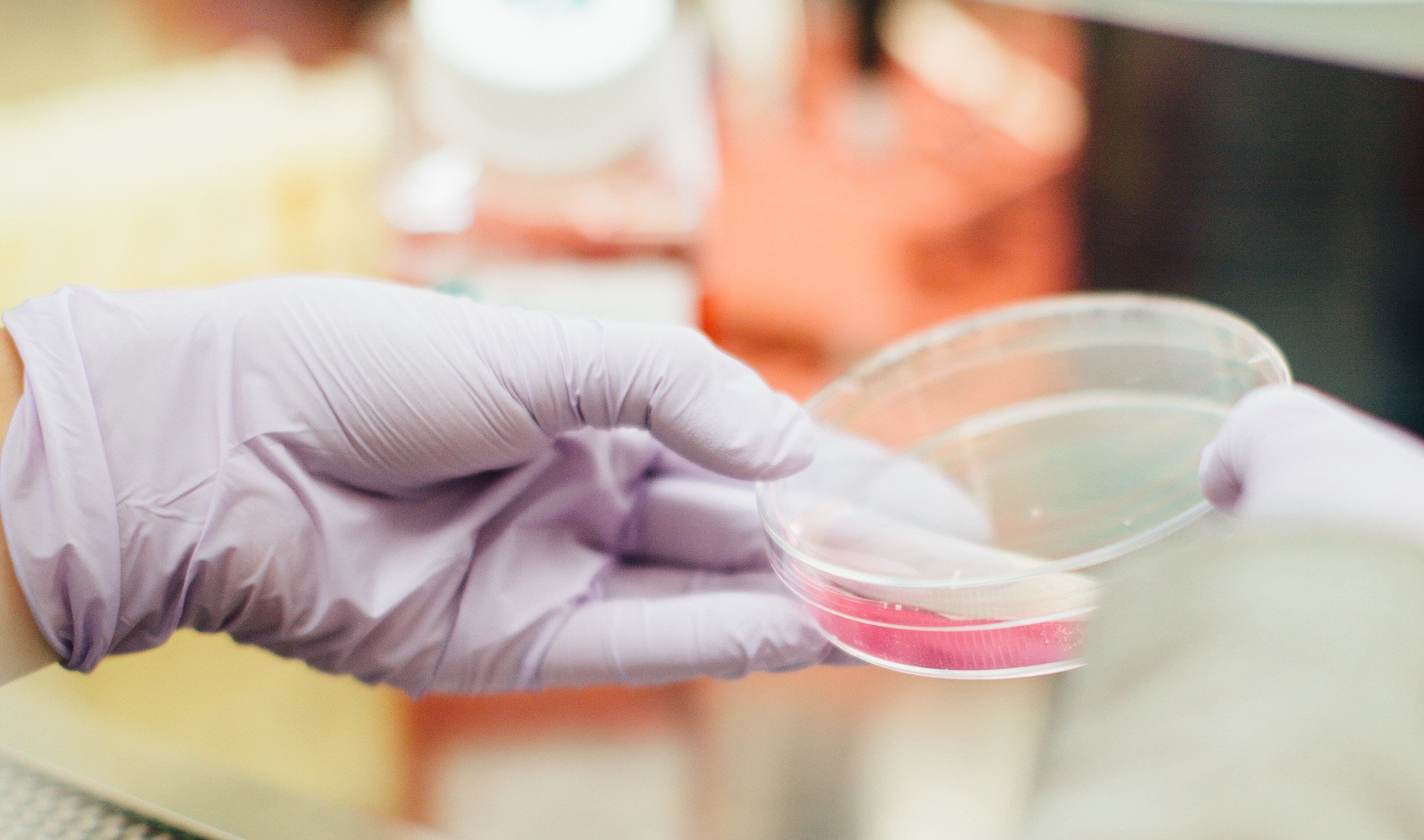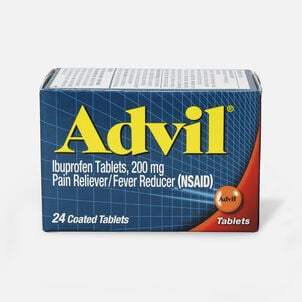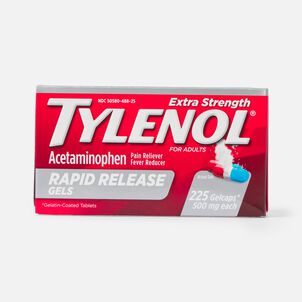Genetic testing and a life-changing discovery (Part 1)

Gene research is at the cutting edge of medical science. Researchers are realizing that genes can tell a lot about your body - from the most effective ways to exercise, to the best way to manage your diet, to which diseases and conditions you're more likely to develop.
With that in mind, I decided to take a test in 2017 to determine whether or not I had a mutation on the BRCA gene. In short, such a mutation would put me at a severely increased risk for certain types of cancers. Shortly after submitting the test, I received a positive result.
Here's my story: How I found out, what I did to address it, and how I plan to pay for it all.
How I found out
Almost a year ago, I read an article in the New York Times about the BRCA gene, which is responsible for suppressing tumors that can cause breast and ovarian cancer. If you think you've heard of it before, it was probably in 2013 when Angelina Jolie wrote an essay about her decision to have a preventive double mastectomy because of her BRCA mutation. When I tell people I have a BRCA mutation, I usually preface it by asking if they remember Jolie's decision.
The Times article said that Jewish women had a one in 40 chance of having a mutation on the BRCA gene, and therefore being more susceptible to these types of cancers. I'm Jewish on both sides of my family, and the news hit home for one important reason - my grandmother died of ovarian cancer at 42.
I also used to work at a cancer agency. I learned how deadly ovarian cancer can be, and how difficult it was to go through treatment for even comparatively "mild" types of cancer. Every day I saw people suffering physically, mentally and financially, with no assurance that things would ever get better.
After reading the article, I asked my doctor about getting tested for the mutation. She didn't think I had enough family history to qualify, despite coming from a Jewish background, so she denied my request for a referral. I have very little family history to begin with, so this distinction seemed odd to me even at the time.
One testing option...
A few months later I discovered Color, an at-home DNA testing kit similar to 23andMe. Color offered a BRCA specific test for only $100. I'm a frugal person by nature and hated the idea of spending $100 out of pocket. Because my doctor didn't recommend the test, I couldn't even use tax-free funds to pay for it.
Providers only consider DNA tests as qualified medical expenses if a doctor recommends them. Usually, if the doctor suggests a BRCA test, it has to be done at their office. They can also write a letter of medical necessity if you want to purchase a DNA test for home use using FSA funds.
A few weeks after submitting my saliva sample to Color, I got my results: I had a mutation on my BRCA1 gene. In short, that means I have an 81% lifetime risk for breast cancer and 54% lifetime risk for ovarian cancer.
My head started spinning and my stomach sank. Thankfully, I was on the phone with one of Color's professional genetic counselors. She told me my next steps were an appointment with a clinical geneticist, who would then refer me to an OB-GYN and breast surgeon.
She also said I'd need a breast MRI, vaginal ultrasound and a specific blood test every six months until I got my surgeries. Most BRCA-positive women get their ovaries and Fallopian tubes out once they're finished having kids, or before age 35.
That may sound extreme, but ovarian cancer currently has no effective screening method. A vaginal ultrasound will usually only pick up cancer once it's advanced, and the blood test has a high false-positive and false-negative rate. In short, by the time you get diagnosed it might be more severe than expected.
Next steps...
The testing was only the beginning of my BRCA journey. Next, I had to figure out how to pay for all the additional tests I would need - and especially how to cover the cost of surgery. Be sure to check back to see how this journey is affecting my health and financial planning for the next year.
-
Thank you for visiting the FSA Store Learning Center. Don’t forget to follow us for more helpful tips on Facebook, Instagram, and Twitter.
















